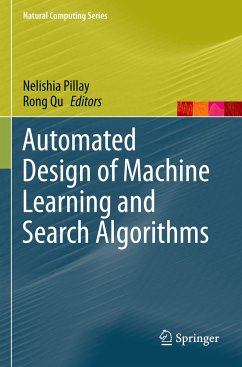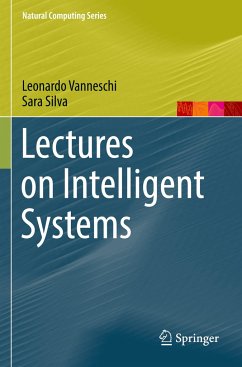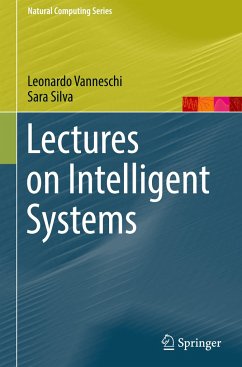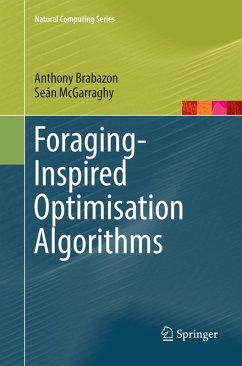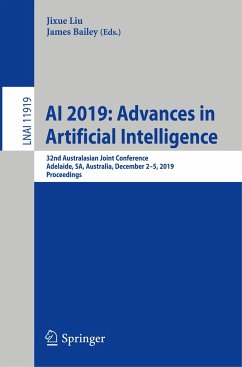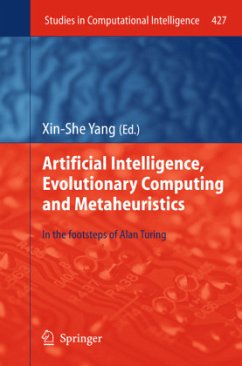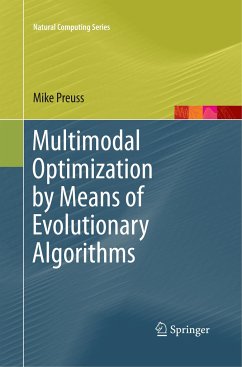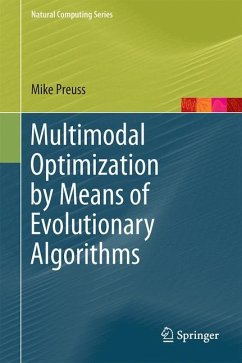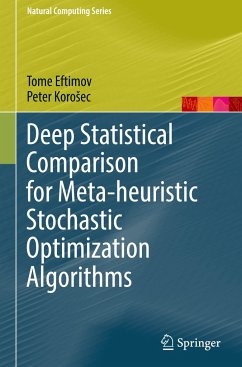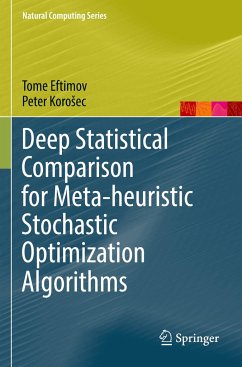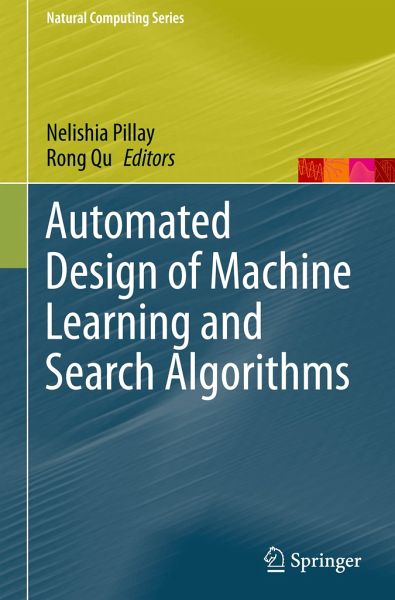
Automated Design of Machine Learning and Search Algorithms

PAYBACK Punkte
57 °P sammeln!
This book presents recent advances in automated machine learning (AutoML) and automated algorithm design and indicates the future directions in this fast-developing area. Methods have been developed to automate the design of neural networks, heuristics and metaheuristics using techniques such as metaheuristics, statistical techniques, machine learning and hyper-heuristics. The book first defines the field of automated design, distinguishing it from the similar but different topics of automated algorithm configuration and automated algorithm selection.The chapters report on the current state of...
This book presents recent advances in automated machine learning (AutoML) and automated algorithm design and indicates the future directions in this fast-developing area. Methods have been developed to automate the design of neural networks, heuristics and metaheuristics using techniques such as metaheuristics, statistical techniques, machine learning and hyper-heuristics. The book first defines the field of automated design, distinguishing it from the similar but different topics of automated algorithm configuration and automated algorithm selection.
The chapters report on the current state of the art by experts in the field and include reviews of AutoML and automated design of search, theoretical analyses of automated algorithm design, automated design of control software for robot swarms, and overfitting as a benchmark and design tool. Also covered are automated generation of constructive and perturbative low-level heuristics, selection hyper-heuristics for automated design, automated design of deep-learning approaches using hyper-heuristics, genetic programming hyper-heuristics with transfer knowledge and automated design of classification algorithms. The book concludes by examining future research directions of this rapidly evolving field.
The information presented here will especially interest researchers and practitioners in the fields of artificial intelligence, computational intelligence, evolutionary computation and optimisation.
The chapters report on the current state of the art by experts in the field and include reviews of AutoML and automated design of search, theoretical analyses of automated algorithm design, automated design of control software for robot swarms, and overfitting as a benchmark and design tool. Also covered are automated generation of constructive and perturbative low-level heuristics, selection hyper-heuristics for automated design, automated design of deep-learning approaches using hyper-heuristics, genetic programming hyper-heuristics with transfer knowledge and automated design of classification algorithms. The book concludes by examining future research directions of this rapidly evolving field.
The information presented here will especially interest researchers and practitioners in the fields of artificial intelligence, computational intelligence, evolutionary computation and optimisation.





